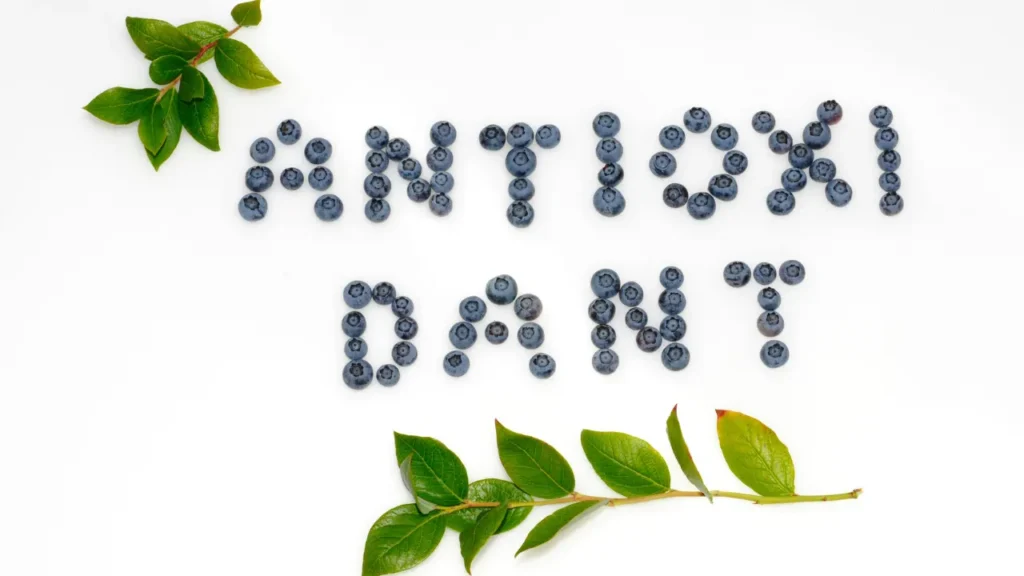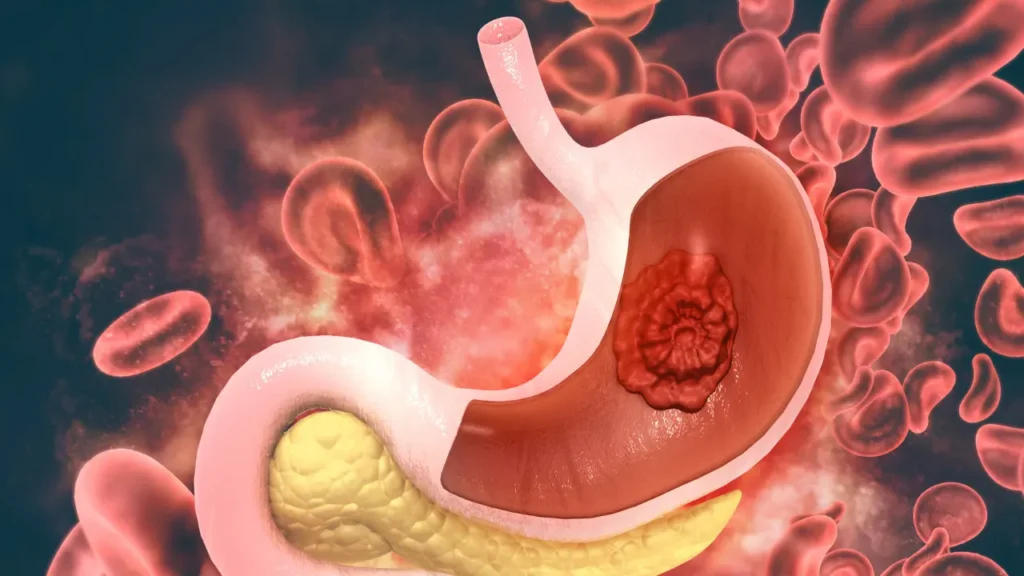The Celastraceae family of plants includes American bittersweet (Celastrus scandens). Staff vine, waxwork, and shrubby bittersweet are some of the other names for this plant, which is typically found in the Eastern United States. Due to the plant’s numerous health advantages, it has been used in traditional medicine for generations. It has also gained popularity as a dietary supplement in recent years. In this post, we’ll talk about the characteristics of American Bittersweet, its advantages for health, the recommended dosage, any potential negative effects, any drug interactions, and other pertinent details about how to use it responsibly.
You May Also Like:
CBD for Concentration: 3 Epic Benefits that Boost Your Focus
CBD for Concentration: The Productivity Hack for Energy and Focus
AMERICAN BITTERSWEET: Benefits, Dosage, Side Effects, Drug Interactions, and Other Important Information is an original (NootropicsPlanet) article.
Nature of American Bittersweet
American bittersweet is a woody perennial plant with a 20-foot maximum height. Along the stem, it bears dark green leaves that are placed alternately. The blooms can be found in the late spring to early summer and they are tiny and greenish-yellow in color. The plant bears fruit, which is a little orange-red capsule containing the seeds, in the fall. The plant portion that is used for therapeutic purposes surrounds the seeds in a fleshy crimson aril.
Health Benefits of American Bittersweet:
Due to the inclusion of various active substances, including Celestine, celastrol, and -sitosterol, American Bittersweet provides many health advantages. The following are the effects of this supplement:
- American bittersweet has long been used to relieve inflammation and pain. The plant extract possesses analgesic and anti-inflammatory properties, according to research. According to a study that appeared in the Journal of Ethnopharmacology, American bittersweet extract effectively decreased inflammation and discomfort in rats. According to the researchers, the presence of celastrol in the plant extract is the cause.
- American bittersweet also contains antioxidants, which can help to shield the body from oxidative stress.
- American bittersweet has been demonstrated to contain neuroprotective properties that may assist in enhancing memory and brain function. Rats’ spatial memory and learning capacity were found to be enhanced by American bittersweet extract, which may be due to the presence of -sitosterol in the plant extract.

Chemistry of American Bittersweet
Celastrine, Celastrol, and -sitosterol are part of the active ingredients in American Bittersweet. It has been demonstrated that the quinone methide triterpenoid celastrine has anti-inflammatory and antinociceptive properties. It has also been demonstrated that triterpenoid celastrol has anti-inflammatory, antioxidant, and neuroprotective properties. Phytosterol -sitosterol on the other hand can lower cholesterol and enhance memory and brain function.
Physiological Mechanism of Action of American Bittersweet
It is unclear exactly how American Bittersweet works physiologically. The active ingredients in American bittersweet are thought to work through many different methods, including:
- Reduce inflammation and provide pain relief: Celastrine and celastrol have been found to reduce the generation of cytokines that promote inflammation to activate the NF-B pathway, which is involved in inflammation. These substances also stimulate the PPAR pathway, which controls pain.
- Antioxidant effects: Celastrol has been demonstrated to have antioxidant benefits via decreasing reactive oxygen species (ROS) generation and by boosting the activity of antioxidant enzymes like superoxide dismutase (SOD) and catalase.
- Effects on neuroprotection: Studies have demonstrated that -sitosterol reduces oxidative stress and boosts the activity of antioxidant enzymes. Additionally, -sitosterol stimulates the PI3K/Akt/mTOR pathway, which controls the survival and expansion of cells.

Optimal Dosage of American Bittersweet
As there is no recognized standardization for the plant extract, there is no set dosage for American Bittersweet. The usual daily dose for supplements used in studies for American bittersweet is between 250 and 500 mg. To prevent any possible adverse effects, it is advised to start with a modest dosage and gradually raise it over time.
Side Effects of American Bittersweet
When taken as directed, American bittersweet is generally regarded as safe. There are some adverse consequences, nevertheless, that should be taken into account. These consist of:
- Stomach problem: Supplements containing American Bittersweet may cause stomach distress in some people.
- Headache: Some people may have headaches after taking supplements of American bittersweet.
- Dizziness: Some people may experience dizziness after taking supplements of American bittersweet.
- Drug interactions: American bittersweet may interact with many prescriptions, including anti-inflammatory medicines and blood thinners.
Potential Substance Interactions with American Bittersweet
American bittersweet may cause side effects such as:
- Stomach issues: Some people may experience stomach discomfort after taking supplements that contain American bittersweet.
- Headache: After taking supplements of American bittersweet, some people may get headaches.
- Dizziness: After taking supplements of American bittersweet, some people may feel lightheaded.
- Drug interactions: American bittersweet may interact with a variety of prescription drugs, such as blood thinners and anti-inflammatory drugs.

Best Responsible Uses of American Bittersweet
It’s crucial to get an American bittersweet supplement of the highest caliber that has been standardized to include active ingredients. Before ingesting any new supplements, it’s crucial to follow the directions for the dose and get medical advice, especially if you’re expecting, nursing, or have a medical condition.
AMERICAN BITTERSWEET:
Conclusion
American bittersweet is part of the Celastraceae family of plants and as a dietary supplement, it is believed to offer health benefits such as anti-inflammatory properties, antioxidant effects, and some neuroprotective effects. For example, it has been shown in studies that the plant extract can enhance rats’ spatial memory and learning capacity. Moreover, the antioxidant effects can effectively reduce the generation of reactive oxygen species, thus improving overall health.
However, more studies are needed to find out how the standardized dosage and physiological mechanism of action of these supplements work to improve wellness. American bittersweet may cause some side effects such as stomach issues, headache, and dizziness. Hence, it is important for you to check with your healthcare provider if you are a suitable candidate for this supplement.

References:
- Celastrus-Derived Celastrol Suppresses Autoimmune Arthritis by Modulating Antigen-Induced Cellular and Humoral Effector Responses. Retrieved from: https://www.ncbi.nlm.nih.gov/pmc/articles/PMC3083183/
- Celastrus and Its Bioactive Celastrol Protect Against Bone Damage in Autoimmune Arthritis by Modulating Osteoimmune Cross-Talk. Retrieved from: https://www.ncbi.nlm.nih.gov/pmc/articles/PMC3381183/
- Suppression of Autoimmune Arthritis by Celastrus-Derived Celastrol Through Modulation of Pro-Inflammatory Chemokines. Retrieved from: https://www.ncbi.nlm.nih.gov/pmc/articles/PMC3449088/
- Celastrol and Its Role in Chronic Diseases. Retrieved from: https://www.ncbi.nlm.nih.gov/pmc/articles/PMC8056454/
Important Note: The information contained in this article is for general informational purposes only, and should not be construed as health or medical advice, nor is it intended to diagnose, prevent, treat, or cure any disease or health condition. Before embarking on any diet, fitness regimen, or program of nutritional supplementation, it is advisable to consult your healthcare professional in order to determine its safety and probable efficacy in terms of your individual state of health.
Regarding Nutritional Supplements Or Other Non-Prescription Health Products: If any nutritional supplements or other non-prescription health products are mentioned in the foregoing article, any claims or statements made about them have not been evaluated by the U.S. Food and Drug Administration, and such nutritional supplements or other health products are not intended to diagnose, treat, cure, or prevent any disease.


